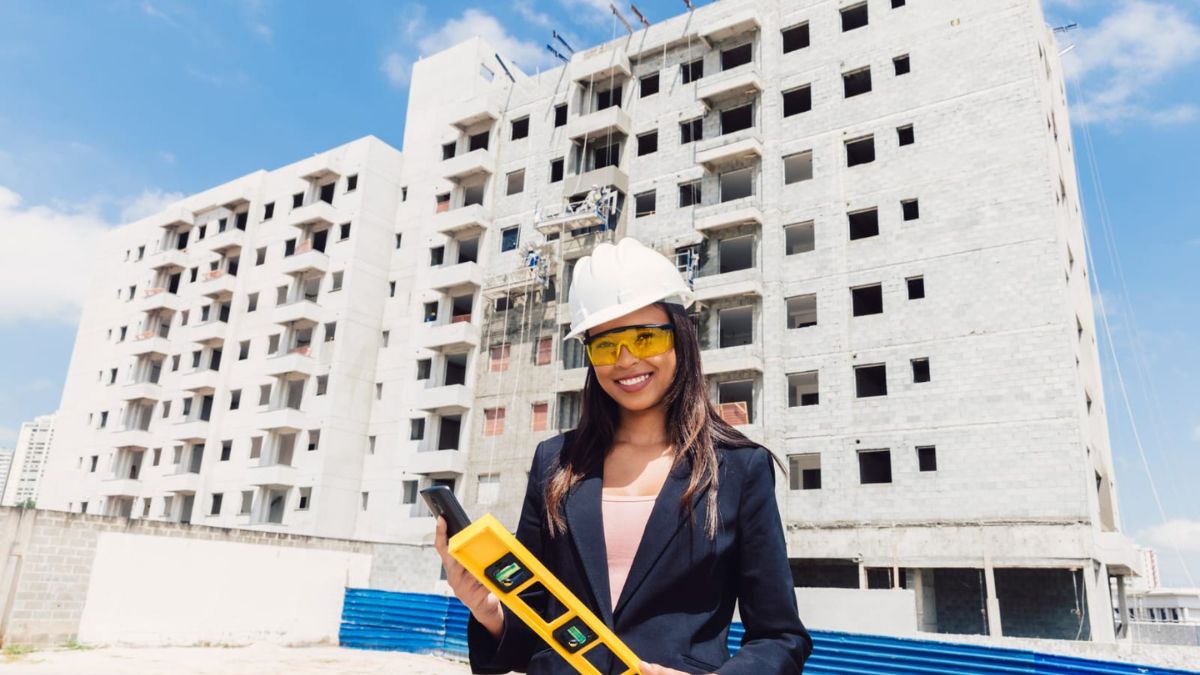The urban landscape is continuously evolving with cities around the world. Undergoing rapid transformations to accommodate the growing population and changing societal needs. At the heart of this metamorphosis lies the construction industry playing a pivotal role in shaping the urban development we witness today. Professionals offering xactimate estimating services play a vital role in ensuring accurate and efficient cost estimates for construction projects.
This article delves into the multifaceted role of the construction industry examining its impact on infrastructure economic growth sustainability and the overall well being of urban dwellers.
As cities expand the demand for specialized services within the construction industry becomes increasingly crucial. These services streamline the financial aspect of urban development. Allowing for better planning and allocation of resources ultimately contributing to the industry overall effectiveness in shaping modern cities
Infrastructure as the Backbone of Urbanization
The construction industry serves as the backbone of urbanization by creating essential infrastructure. Roads bridges airports and public buildings are the tangible outcomes of construction projects. that enables the smooth functioning of cities. Well planned infrastructure enhances connectivity facilitates transportation and fosters economic activities laying the foundation for sustainable urban development.
Economic Growth Catalyst
Beyond the physical structures the construction industry plays a crucial role in stimulating economic growth. The sector generates employment opportunities ranging from skilled labor to managerial positions contributing significantly to a city workforce. Moreover construction projects inject capital into the economy through the purchase of materials equipment. And services create a ripple effect that benefits various sectors and stimulates local businesses.
Sustainability Challenges and Solutions
As cities expand the construction industry faces the challenge of balancing growth with environmental sustainability. The materials used energy consumption and waste generated during construction have profound implications for the environment. Sustainable construction practices including the use of eco friendly materials. Energy efficient designs and waste reduction strategies are becoming increasingly crucial. The industry commitment to sustainable practices is key to mitigating the environmental impact of urban development.
Beyond the financial intricacies the construction industry influences the urban landscape by incorporating cutting edge technologies. In the midst of this technological revolution solar panel installer emerge as key players contributing to the integration of sustainable energy solutions into urban development projects. The adoption of solar technology not only aligns with environmental sustainability goals. But also represents a forward-thinking approach to power generation transforming the way cities meet their energy needs.
Influence on Urban Design and Aesthetics
The construction industry significantly shapes the visual and aesthetic aspects of urban areas. Architects urban planner and construction professionals collaborate to design structures. That contributes to the overall character of a city. Iconic buildings green spaces and innovative designs define the personality of urban environments. The construction industry through its commitment to quality and creativity contributes to the cultural richness and identity of cities.
Enhancing Quality of Life
Ultimately the construction industry impact extends beyond bricks and mortar. To influence the quality of life for urban residents. Thoughtfully designed residential spaces modern amenities and the integration of technology in construction contribute to improved living standards. Furthermore the industry plays a role in creating public spaces parks and recreational facilities.That enhance the well being of the community. A focus on creating a balance between development and livability is crucial for fostering a sustainable and vibrant urban environment.
Conclusion:
The construction industry serves as a driving force behind the dynamic urbanization we witness globally. From laying the foundation of essential infrastructure to contributing to economic growth. The industry plays a multifaceted role in shaping the cities of tomorrow. However with great power comes great responsibility and the construction sector must embrace sustainable practices to ensure a harmonious coexistence with the environment.
The construction industry with its intricate web of professionals and services serves as a driving force behind the dynamic urbanization. From construction estimating services streamlining financial aspects to solar installers embracing sustainable energy solutions. Services ensuring budgetary adherence each component plays a crucial role in shaping the cities of tomorrow. As urban development continues a collaborative effort involving government bodies industry professionals. And the public supported by these specialized services is essential to create cities. That is not only visually impressive but also sustainable inclusive and conducive to a high quality of life.
FAQS
What is the role of the construction industry in urban development?
The construction industry plays a crucial role in shaping urban development. By creating essential infrastructure stimulating economic growth and contributing to the overall aesthetic and functional aspects of cities.
What are Xactimate Estimating Services and how do they contribute to the construction industry?
Xactimate Estimating Services are specialized services that provide accurate and efficient cost estimates for construction projects. They streamline the financial aspect of urban development facilitating better planning and resource allocation.
How do solar panel installers contribute to urban development projects?
Solar panel installers are key players in the integration of sustainable energy solutions into urban development. Their role involves adopting solar technology to meet energy needs aligning with environmental sustainability goals.
How does the construction industry address housing challenges in rapidly urbanizing areas?
The construction industry collaborates with urban planners to address housing challenges by creating diverse residential spaces. Initiatives include affordable housing projects mixed use developments and sustainable housing solutions.
